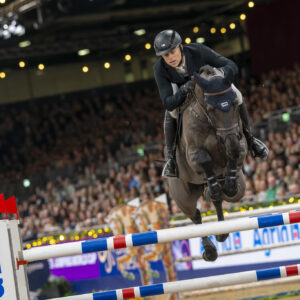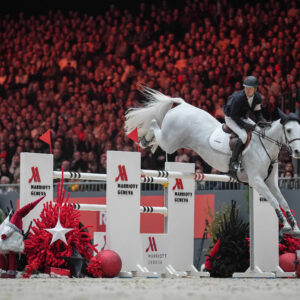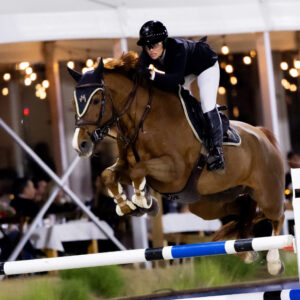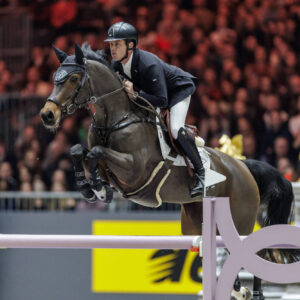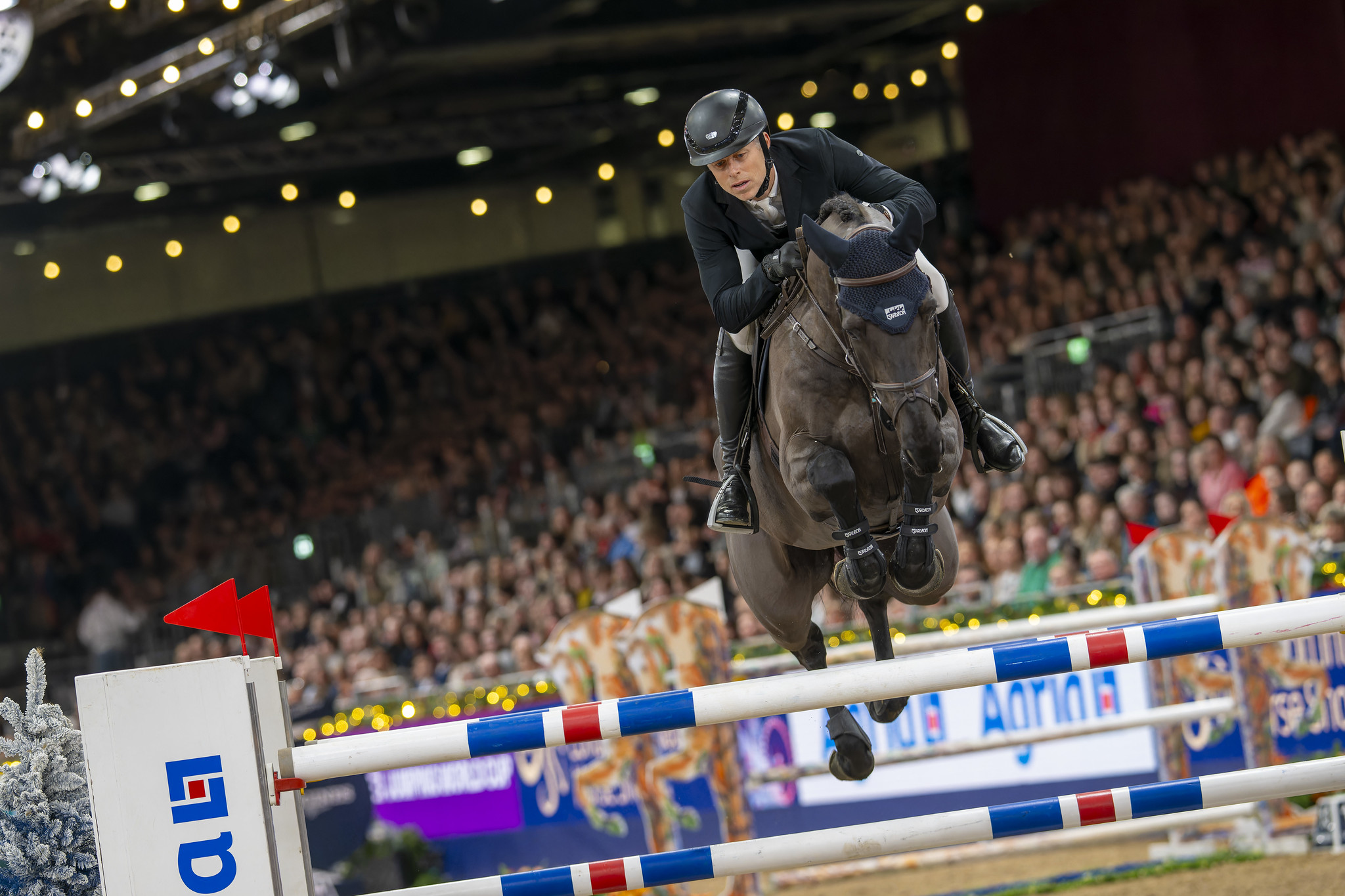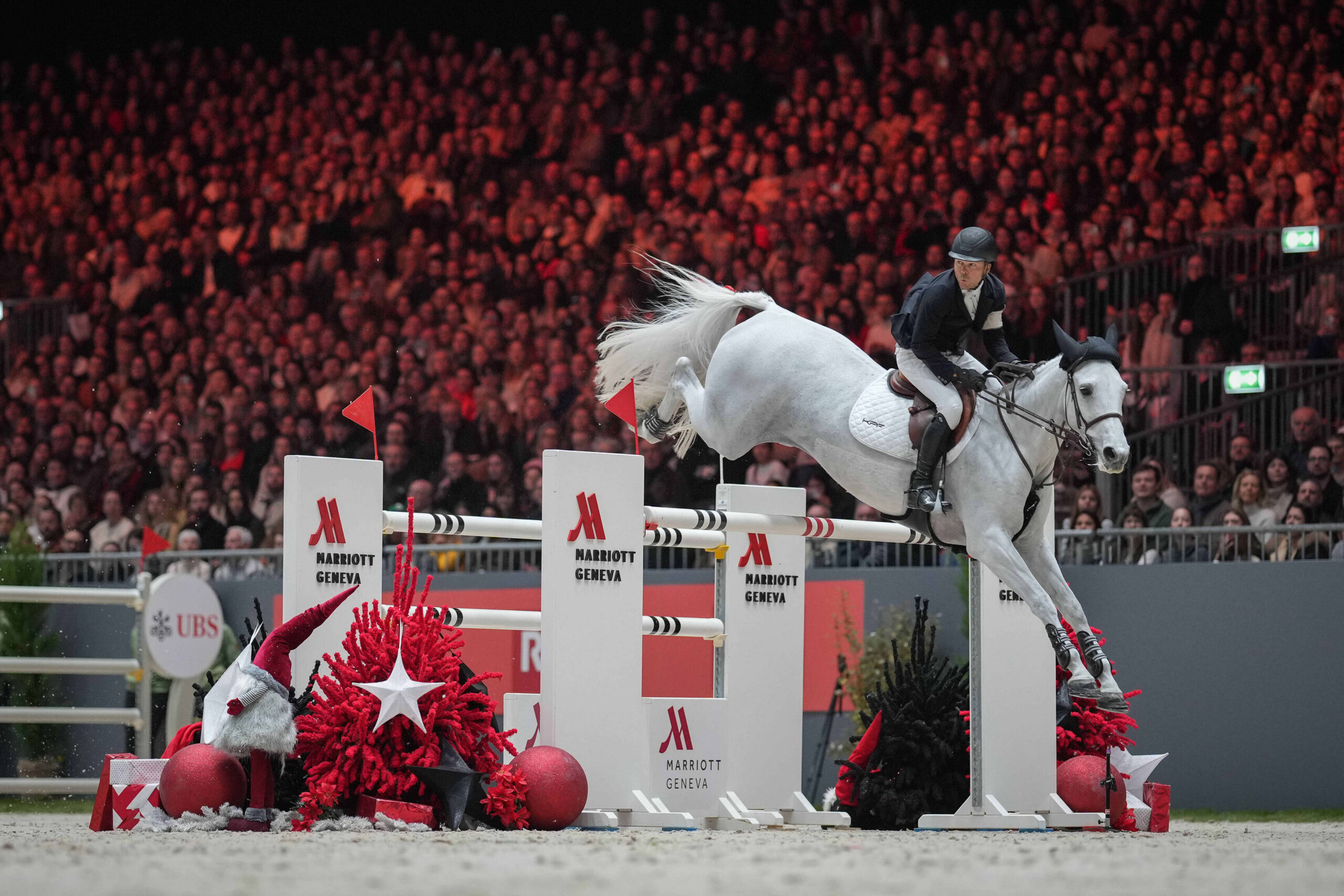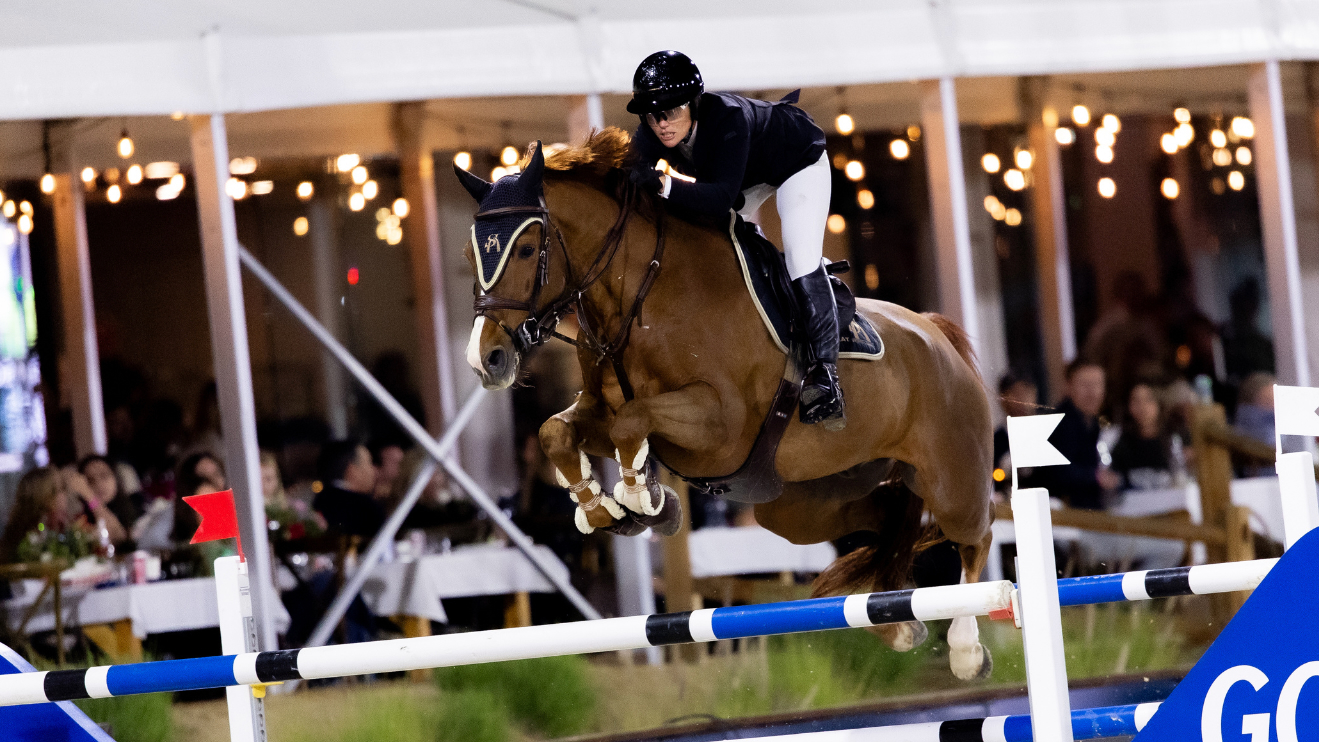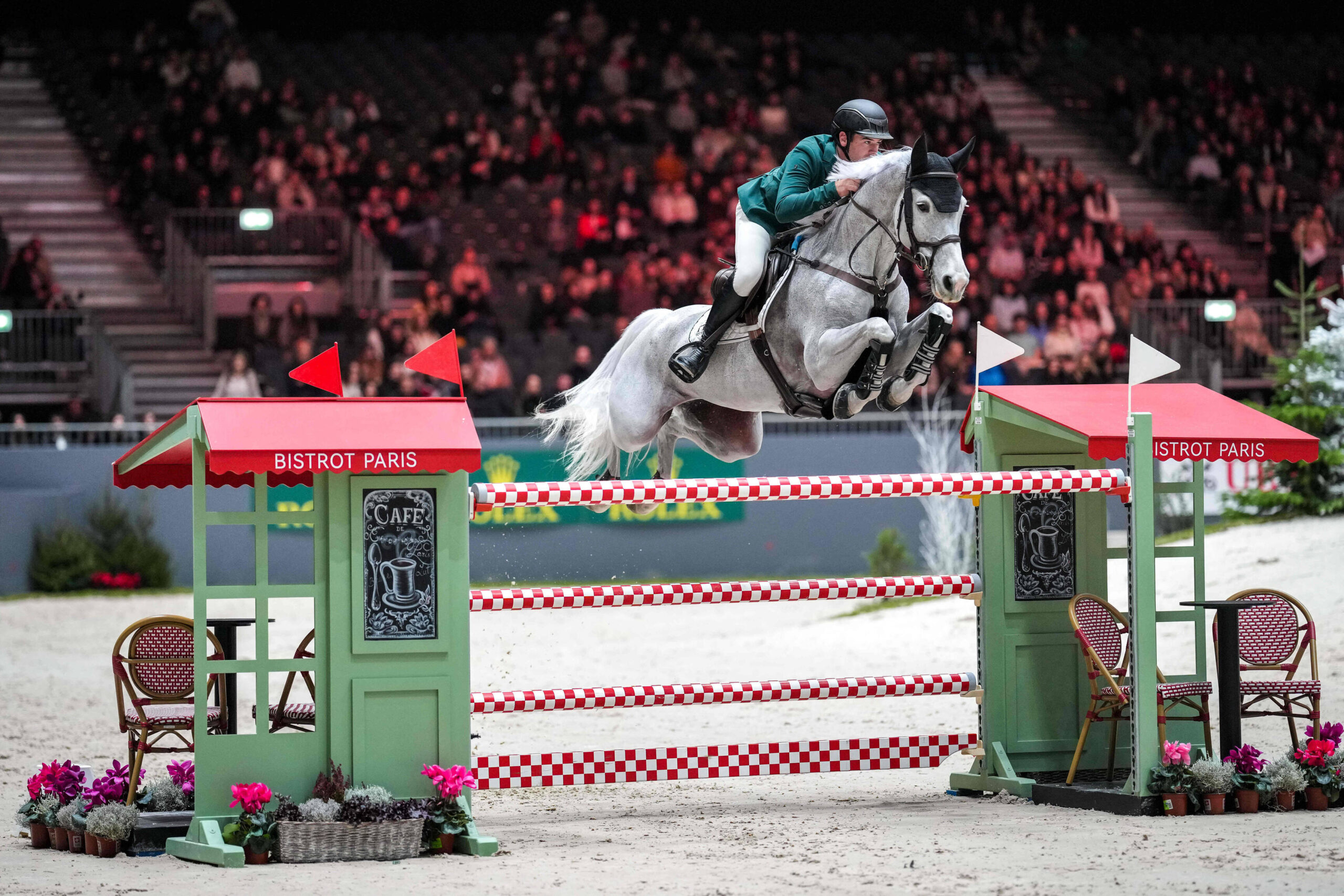Coursenesia is a condition that selectively affects hunter and jumper riders and involves disruptions or breakdowns of memory, consciousness, awareness and/or perception.
These symptoms can interfere with a person’s general happiness and adversely affect the pleasure they derive from equestrian-related hobbies and/or relationships.
What is Coursenesia?
Coursenesia is a condition in which your brain becomes weak or paralyzed while on riding a hunter or jumper course. It only affects one course at a time and often results in embarrassment and monetary loss (scale of monetary loss is dependent on class fee). Coursenesian can happen to anyone but seems more common in amateurs and perceivably high stakes classes such as Classics and Prixs. Most of the time, the symptoms are only temporary.
What causes it?
Most trainers believe coursenesia is due to either internal or external pressure placed on the competitor that results in temporary brain flatulence. Results can vary from missing a single jump on course, with the most common being the last jump, to confusing the track entirely—with the worst cases involving jumping oxers the wrong direction.
If the bout is fleeting, the class can sometimes be saved with a circle or creative approach to the next fence. But often cases of coursenesia result in a ringing in the ears…of the elimination buzzer. Some psychologists believe there is a parental component. Evidence suggests that residual guilt from performance and financial pressures imposed as a child can increase the risk of coursenesia later in life.
What are the symptoms of Coursenesia?
Symptoms of coursenesia typically come on suddenly. One day you could be the winner of the class and the next day, you’ll be doing the trot of shame back to the in-gate after being politely asked to leave by the announcer.
How is it diagnosed and treated?
There is no test that can tell you definitively if you have coursenesia. In fact, your trainer will usually find out through “diagnosis of exclusion.” This means they determine you have coursenesia after heat exhaustion, concussion, and/or mental illness have been ruled out. Your trainer will try to rule out other conditions like under-preparedness, late-night drinking, or missed course walk. (S)he may also test your vision, hearing, and short-term memory to help make the diagnosis.
Are there any treatments?
The first goal of treatment is to relieve symptoms and stem personal embarrassment. There is no medication to treat coursenesia, though alcohol is commonly used following an episode to mixed results.
What is the outlook for people with coursenesia?
The outlook for people with coursenesia depends on the patience of their trainer. For most people, memory returns with time. In some cases, however, coursenesia develops into a chronic condition. While some sufferers report that they may “die of embarrassment,” no fatalities have been recorded at this time.
Is it possible to prevent coursenesia?
It is possible to prevent coursenesia. Showing up for the course walk early, setting aside dedicated time to memorize the course and regular use of memory training exercises are shown to effectively prevent coursenesia.
About the Author
Heather Struthers runs Ontario’s hippest tack shop, Performance Horse & Rider and writes about important issues like dating, pretend boyfriends and Scott Brash.


 September 19, 2017
September 19, 2017 







